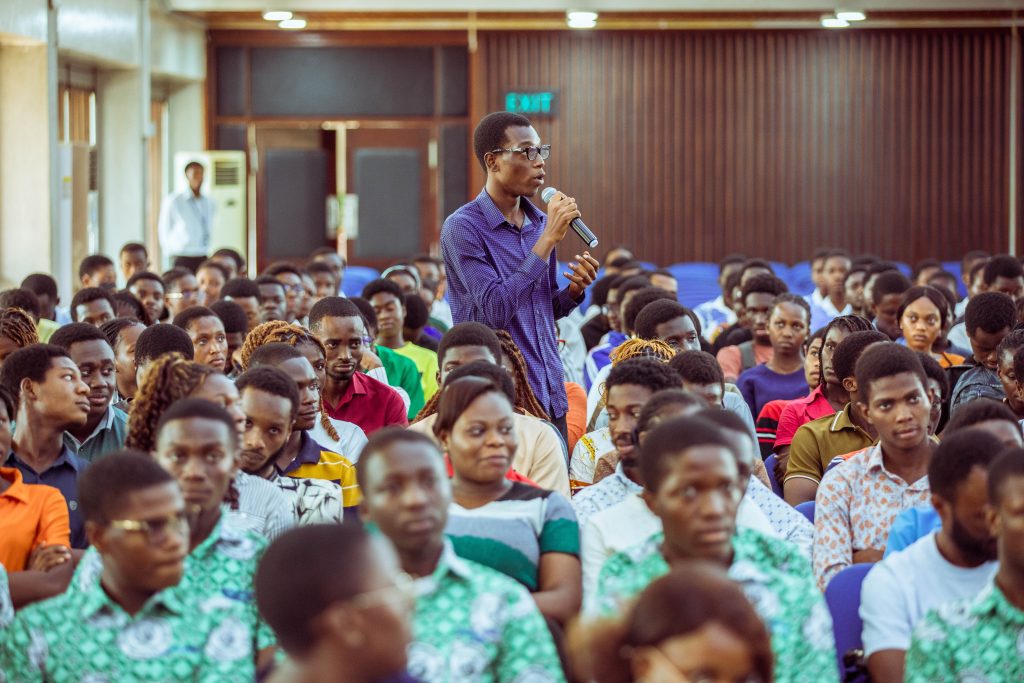By Florence Afriyie Mensah
Kumasi, March 28, GNA – African Researchers have been urged to be guided by machine learning, computational modelling and evidence-based research to create values from raw materials.
Professor Wole Soboyejo, President of the State University of New York Polytechnic Institute (SUNY Poly), observed that, “we should begin to imagine a different Africa.”
He said: “Africa has one third of the world elements, there is no reason why Africa should be poor if only we figure out how to create value with more advanced approaches.”
He also believes that through collaboration, “we can build on what we have and really begin to define the solutions in problems of energy, health, and new material development.”
Prof. Soboyejo made these submissions at a public lecture organised by the Kwame Nkrumah University of Science and Technology (KNUST) College of Engineering in Kumasi.
He delivered on the topic “Next Frontiers for Artificial Intelligence: From Health to Renewable Energy and Sustainable Alloy Design/Recycling.”
The Material Scientist and Engineer hinted that Africa could start looking at scraps for instance, where different scrap materials could be mixed together.

It could, according to him, essentially work out different mixtures of scraps which allowed one to obtain different functional properties in ways that gave value to recycling and also value to scraps.
“This puts us into a great domain to do material discovery to create value from our waste in a way that can be strategic in how we do our research,” he observed.
During the lecture, presentations were made on deep learning approaches for the detection of breast cancer.
Again, artificial intelligence approaches were presented for the design of alloy composition and impurity levels in emerging cutting-edge high entropy alloys that are produced from recycled materials.
The lecture also exposed the gathering to how machine learning is applied to the design of next generation perovskite solar cells and Li ion batteries.
Prof Soboyejo used the opportunity to urge students to work hard to turn huge mineral resources including crude oil, gold, diamond, copper, coffee, cotton, iron, ore, petroleum and natural gas among others, of Africa into wealth.
He was quick to caution, that, “don’t just do it with only the manufacturing techniques of today, learn more about the new approaches to advance manufacturing with laser base processing and other sorts of bio-processing and novel approaches.”
He urged the KNUST to bring together the collective abilities and leverage the understanding of materials of AI into structures, Internet of Things (IoT) and Internet of Services to become a beacon in the current era and create an environment for the new generation of Africa.
GNA
KOM/BM